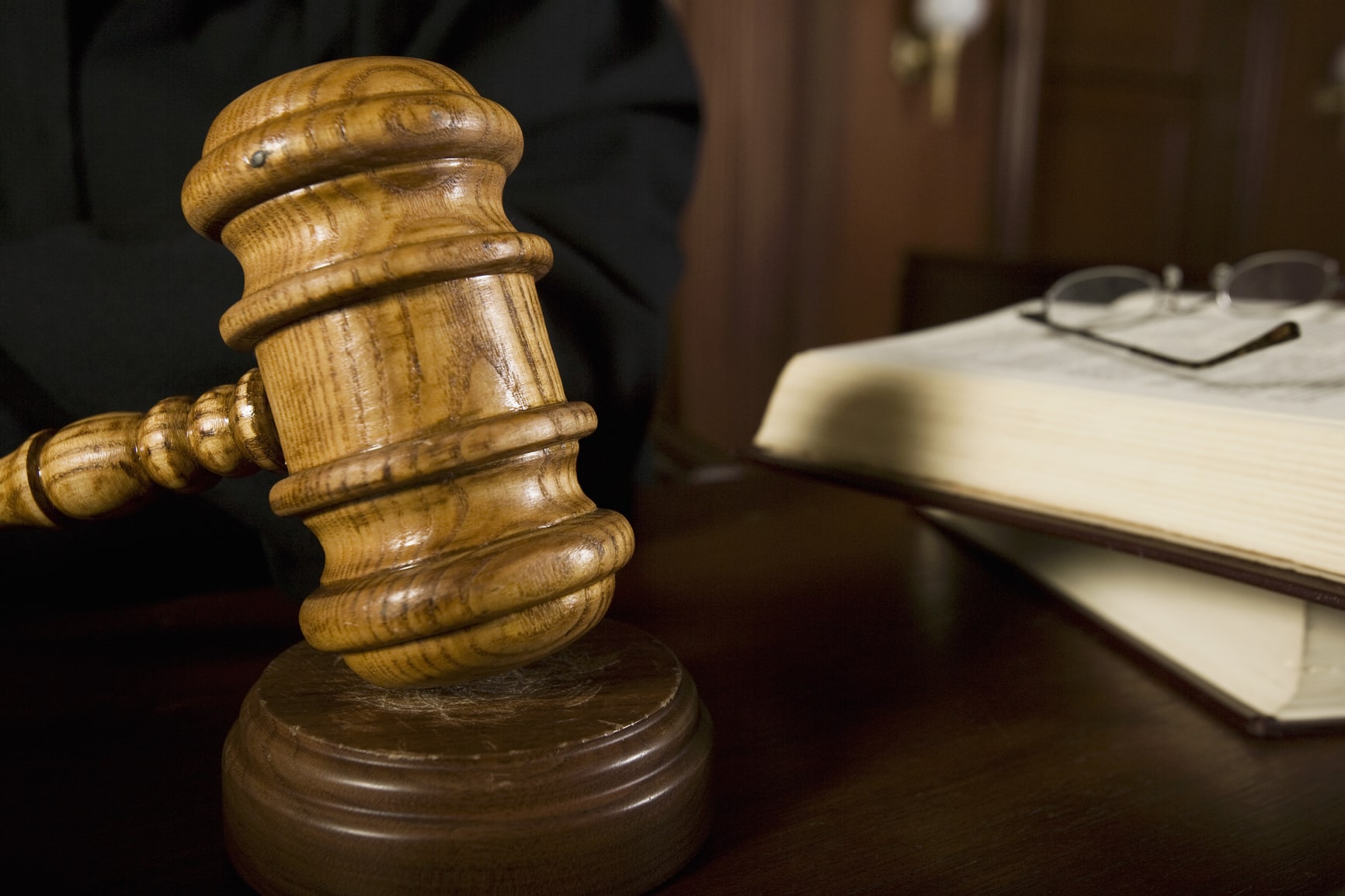In the digital age, including digital assets in wills is becoming increasingly common. This practice may be new or confusing to some, but it can be a very important part of the estate planning process. Below we have answered five common questions about including digital assets in your will. If you have specific questions about the management of your digital assets and your estate planning journey, contact a wills lawyer today.
What Qualifies As A Digital Asset?
Digital assets encompass a wide range of online accounts and digital files. These include social media accounts, digital photographs, videos, online banking accounts, cryptocurrency, digital music, and book libraries, as well as email accounts. Some of these may have significant monetary value, like cryptocurrency, while others hold sentimental value, like photos and videos. While digital assets may be easily overlooked during the estate planning process, it is crucial to consider them when planning for your future. Attorneys like those at Law Group of Iowa always emphasize the importance of clearly outlining these assets in your will to ensure they are managed according to your wishes.
How Do I Include Digital Assets In My Will?
To include digital assets in your will, first create a comprehensive list of all such assets you own. This list should detail login information, passwords, and any other relevant data needed to access these assets. Then, specify in your will how each asset should be handled after your death. This can include who should receive the assets, or instructions on how they should be managed or closed. It’s important to seek advice from an experienced lawyer to ensure these wishes are legally documented and enforceable.
How Should I Handle Sensitive Information In My Will?
Handling sensitive information, such as passwords and access codes, requires careful consideration. It’s not advisable to include these details directly in the will, as it becomes a public document after your death. Instead, it is often best to keep a separate, secure document with this information and reference it in your will. Ensure that your executor knows where to find this document and understands how to use the information. Some choose to use digital tools or services designed for managing and passing on digital legacy information securely.
How Should I Instruct My Executor To Handle My Digital Assets?
Your executor should be instructed to handle your digital assets according to your wishes stated in the will. This may include transferring ownership of certain assets, closing accounts, or archiving digital files. It’s important to inform your executor about the existence of these digital assets and provide guidance on accessing them. Since digital assets can be complex and constantly evolving, consider choosing an executor who is tech-savvy or at least comfortable handling digital information.
What Are The Legal Challenges Associated With Including Digital Assets In My Will?
There can be legal challenges when it comes to digital assets. Some online accounts and services have their own policies regarding the transferability of accounts and content after the owner’s death. It’s essential to review these policies and include specific instructions in your will that align with them. Additionally, laws governing digital assets are still evolving, and there may be jurisdictional variances. Consulting with a specialized lawyer can help ensure that your plan complies with all policies and laws related to your digital assets.
The Importance Of Legal Guidance In Estate Planning
Including digital assets in your will is a critical step in comprehensive estate planning. It ensures that your digital legacy is preserved and managed according to your wishes, and helps your loved ones handle your digital presence after you’re gone. The best way to be certain that you are handling digital assets in your will correctly is to consult with a lawyer who can assist you throughout your estate planning journey.




